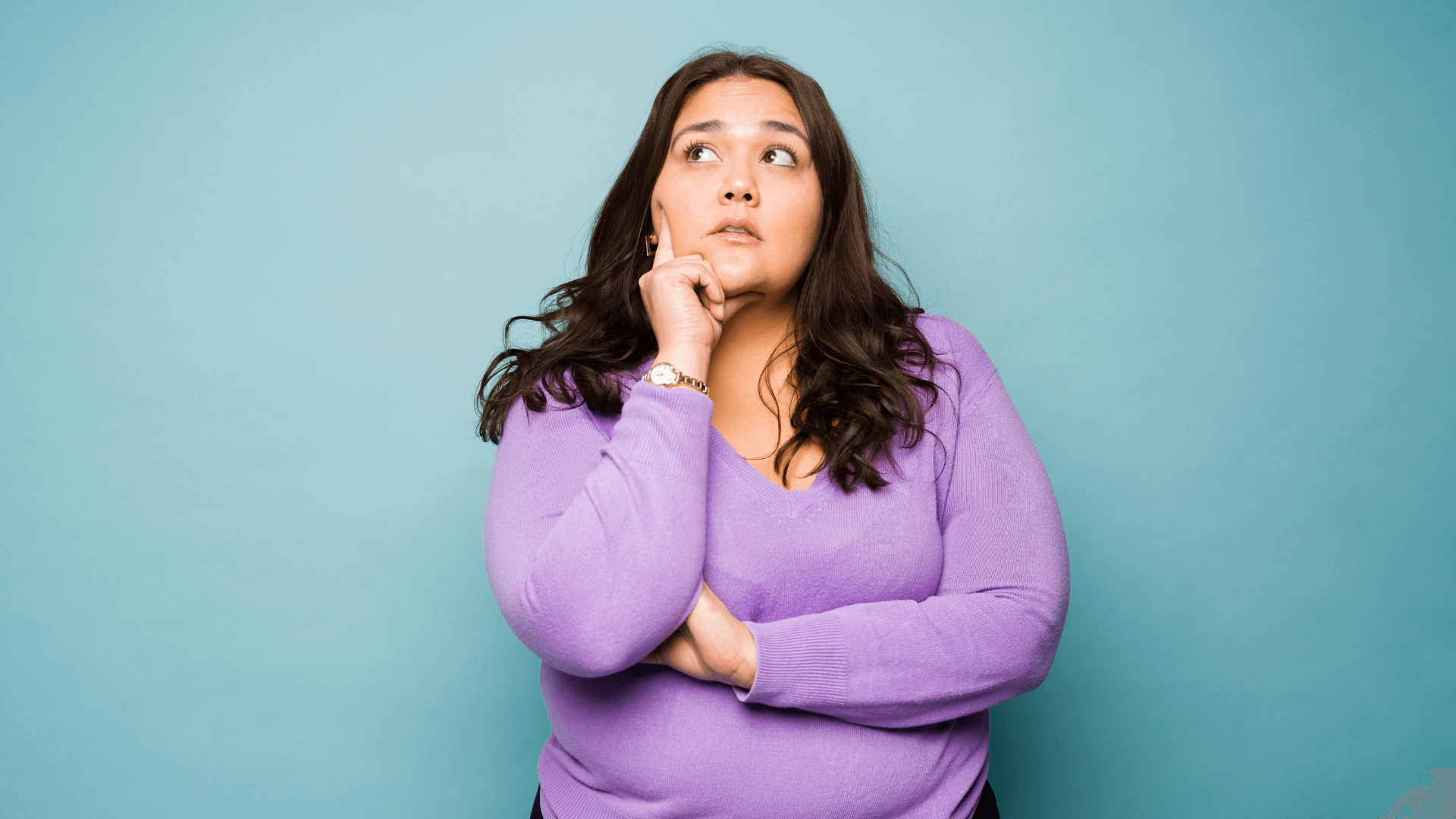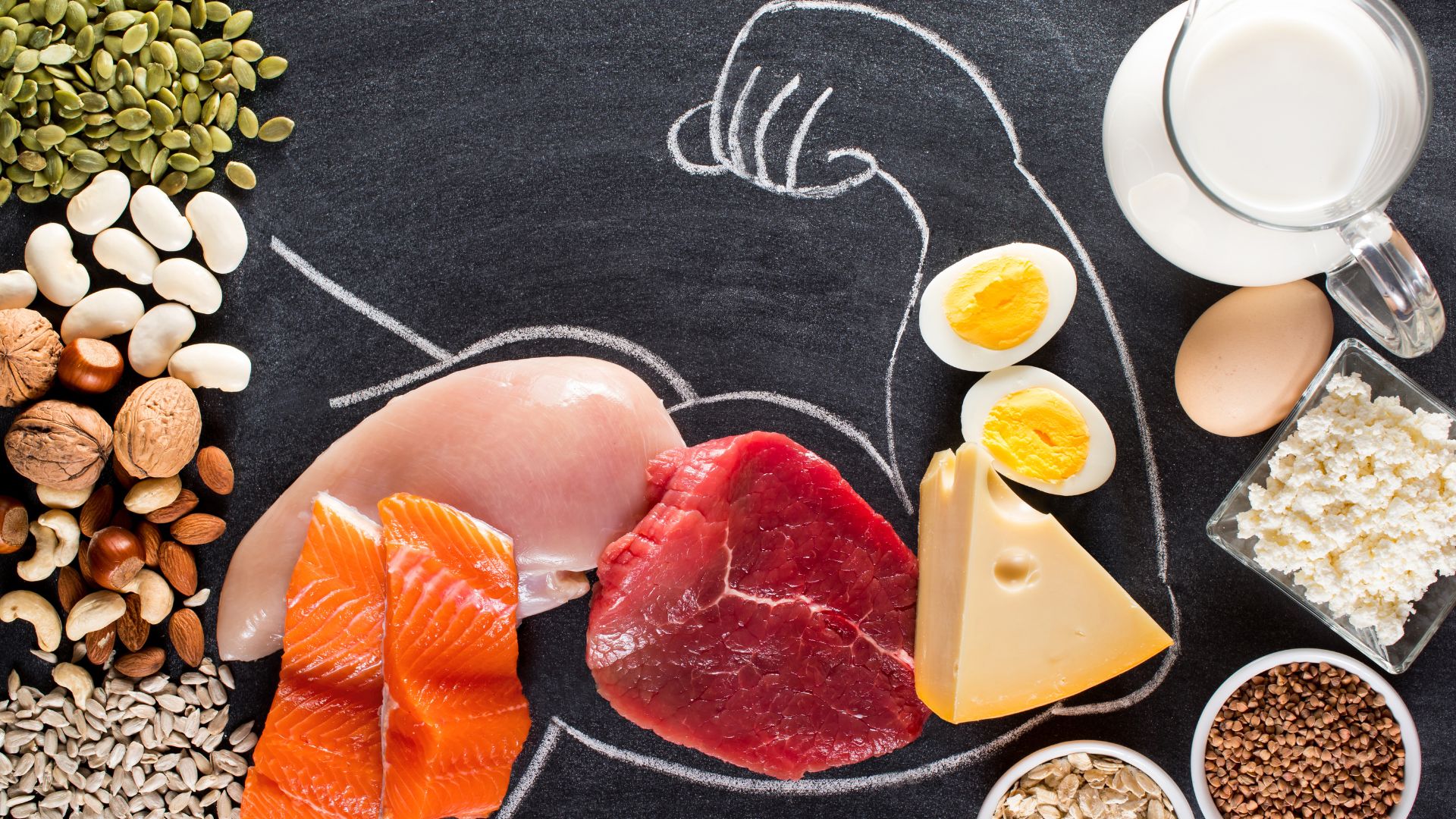To Eat Breakfast, Or Not To Eat Breakfast? That is the Question

The idea that you need to eat breakfast each morning is deeply ingrained from your parents, friends, and teachers. However, the idea that breakfast is the MOST important meal of the day has come from the food industry marketing to sell their breakfast products.
So then… do you actually need to eat breakfast to be healthy?
There is a variety of research on eating breakfast, some suggesting not to eat breakfast while others encourage breakfast for a healthy diet.
Well then, who is right? Should we eat breakfast or not? Well, both sides are right, whether eating breakfast is healthy really depends on the person. The research supports both sides. Therefore, it’s important to listen to your body and your own personal needs.
So how do I know if I need breakfast or not?
Ask yourself this question – are you hungry in the morning? If you’re hungry when you wake up, this is an indication that your body needs fuel from food.
On the other hand, if you’re someone who wakes up and doesn’t feel hungry for a few hours, you do not need to eat
until you feel a sense of hunger. Hunger is your bodies way of indicating it needs food for energy for the day.
Frequently Asked Questions
‘If I skip breakfast, will I lose weight?’
Not necessarily. If you’re someone who wakes up hungry, and you purposely skip breakfast, it will lead to you feeling hungrier later in the day, therefore causing you to crave and snack on high energy, nutrient-poor foods, OR eating more at your lunch and dinner to make up for not eating enough in the first half of the day. This can then contribute to weight gain and increased risk of chronic disease (for example; type 2 diabetes, cardiovascular disease). You would then be better off eating breakfast rather than overeating later in the day.
Although eating breakfast doesn’t increase your metabolism alone, research found that people who ate breakfast, did more activity throughout the day as they had more energy. This in turn can increase your metabolic rate and increase your chance of weight loss.
‘I don’t feel hungry in the morning, should I eat?’
That’s absolutely okay, your first meal might be at 6am or 11am. There’s no point forcing yourself to eat if you’re not feeling hungry, as hunger is an indication you are needing the fuel.
However, take note on the mornings you aren’t busy/stressed (for example, weekends) and see how long it takes for you to feel hungry. Sometimes being stressed in the morning from running around and getting organised for the day, can decrease your appetite, even though it may benefit you to eat breakfast. Also, drinking tea or coffee first thing of a morning can reduce your appetite for food, tricking you in to thinking you may not be hungry, leading you to have cravings and overeat later in the day.
“I have a health condition and have to eat with my medication, what should I eat?”
If you have medication that you’re meant to take of a morning with food, it is best to follow these directions. Speak to your GP and get a referral to a dietitian to help manage the best breakfast for your health conditions.
‘If I exercise before I eat breakfast, what is the best post-workout breakfast?’
See our blog here that answers this question.
Choosing Healthy Breakfast Options
Some days you may be hungrier than others, so make sure you’re making a breakfast that suits your needs. Some days you may need 1 slice of toast, other days you may need 2, adjust the size of your meal to your hunger and activity levels.
Breakfast ideas:
- Omelette: eggs, reduced-fat cheese, any veg + wholegrain toast.
- Wholegrain cereal: Freedom Foods Active Balance, Guardian, Jordan’s Low Sugar
- Granola or Weetbix/Vita Brits with milk and fruit.
- Baked beans on toast
- Reduced-fat yoghurt (e.g. Chobani) with fruit and homemade muesli
- Avocado on toast – see our 4 Versions of Avo on Toast
- Overnight oats
- Toast with a healthy topping
Ultimately, food provides us with energy to take on the day, if you’re hungry, eat a breakfast. Whether you give your body a light meal of a morning or eat 2 hours after waking, having enough energy to conquer the day is important for your health.
References
Lyndi Cohen (2022) Is breakfast actually important for my health? [a dietitian's take], Lyndi
Cohen. Available at: https://www.lyndicohen.com/blog/do-you-actually-need-to-eat-breakfast-to-be-healthy/ (Accessed: November 15, 2022).
Sievert, K. et al. (2019) Effect of breakfast on weight and energy intake: Systematic review
and meta-analysis of Randomised Controlled Trials, The BMJ. British Medical Journal
Publishing Group. Available at: https://www.bmj.com/content/364/bmj.l42 (Accessed:
November 15, 2022).








